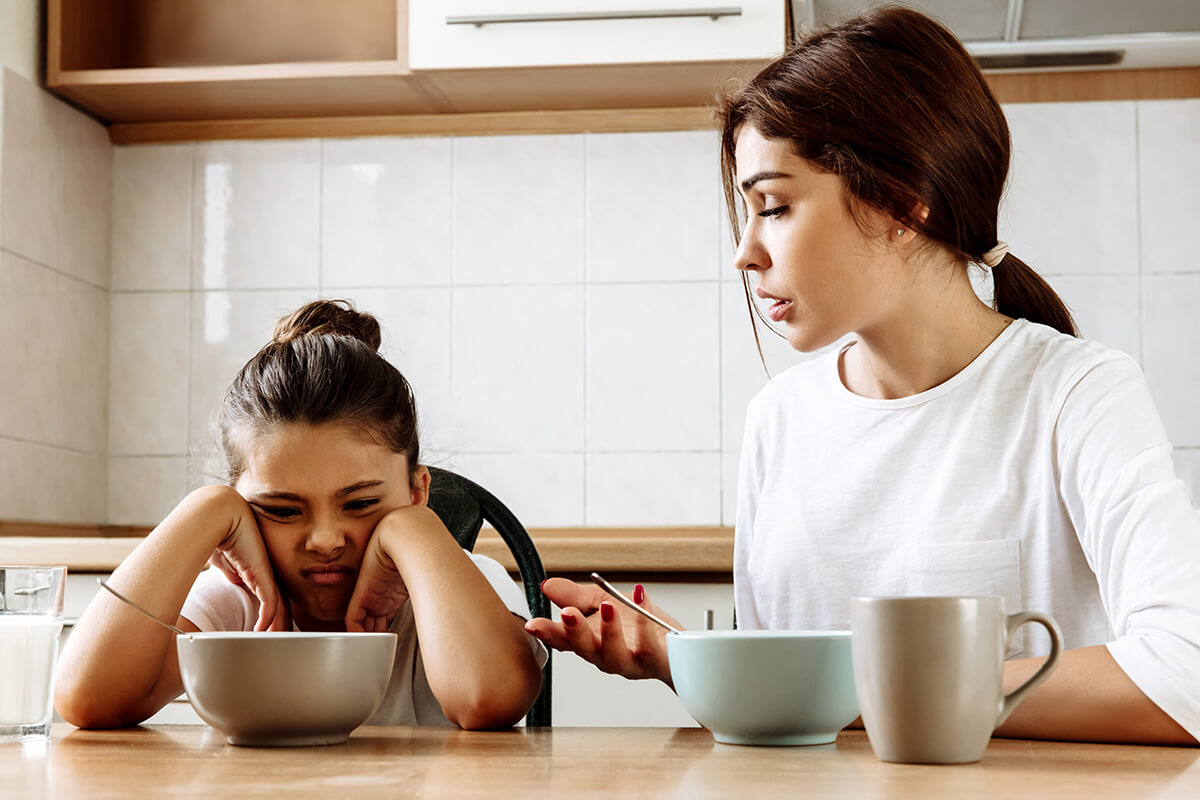The one phase I hate the most at family dinners; make sure you eat everything on your plate!
We will all have heard and been on the receiving end of the phase below when growing up, some of us might even have used it ourselves as adults on our children.
FINISH WHAT’S ON YOUR PLATE
Finish what’s on your plate because:
- There are starving children in the world.
- I’ve spent ages cooking that for you.
- You can’t have your pudding if you don’t eat all your dinner.
You might have even been made to finish your plate of food, ignoring your body’s hormones telling you that you are full, whilst the adult opposite you (sorry ladies but usually the mother figure) was eating their low fat, low carb, low calorie diet food. (Future blogs will address the damaging impact this has on children.)
Let’s think about this and break it down some more. Where does the saying, finish your plate, lead?
- Firsty, our bodies are finely tuned instruments. Our hormones leptin and ghrelin tell us when we are hungry and full. By ignoring our normal cues to stop eating we will absolutely gain weight. One of the most important skills we can learn is to eat intuitively. Unfortunately, many adults lack this skill due to the fact we weren’t taught this as young children; in fact we were taught the exact opposite; finish what is on your plate. After all, it is rude not too!
- To a starving child, it makes no difference if you’ve eaten your food, saved it for leftovers or thrown it away. If you or any other family member is regularly having to “finish their plate” then a little less food needs to be cooked which has the added bonus of being budget friendly. Off course teach humility and gratitude but let’s steer clear of guilt. Especially with children.
- You might have spent ages cooking and I am sure it is delicious but do you want your child to eat beyond being full, not listen to their internal cues and have an unhealthy relationship with food. Do you want this for yourself?
- To some degree telling a child they must eat all their dinner to receive a dessert is perhaps the most dangerous of them all. It teaches them to eat beyond being full and then eat even more. It makes sweet things rewarding and this can lead to a lifelong battle with using food as a comfort crutch and a reward system. We’ve all been there after all. “A slice of cake, anyone, for all that hard work in the gym?”
Worldwide i(2007), approximately 42% of adults are trying to lose weight and 24% are trying to maintain their weight. (Prevalence of personal weight control attempts in adults: a systematic review and meta‐analysis). 33% of Americans are classified as obese with all the detrimental health issues this leads to, and especially hronic life threatening illnesses such as heart disease and diabetes (two of Americans biggest killers) and to some degree this unhealthy and disordered eating can be traced right back to being a child.
There are of course a whole host of other reasons which I will delve deeper into in future blogs such as a culture, social norms and education but for now I just want you to think about that plate of food and the benefits v’s the negative effects of finishing it when you don’t really want too, or finishing your children’s plates mindlessly and especially making your children finish their food.
Don’t use your stomach and your body as a garbage disposal.
Keep following for future blogs. My next blog will be about my second most hated phase, that affects the entire family, “im on a diet!“.
